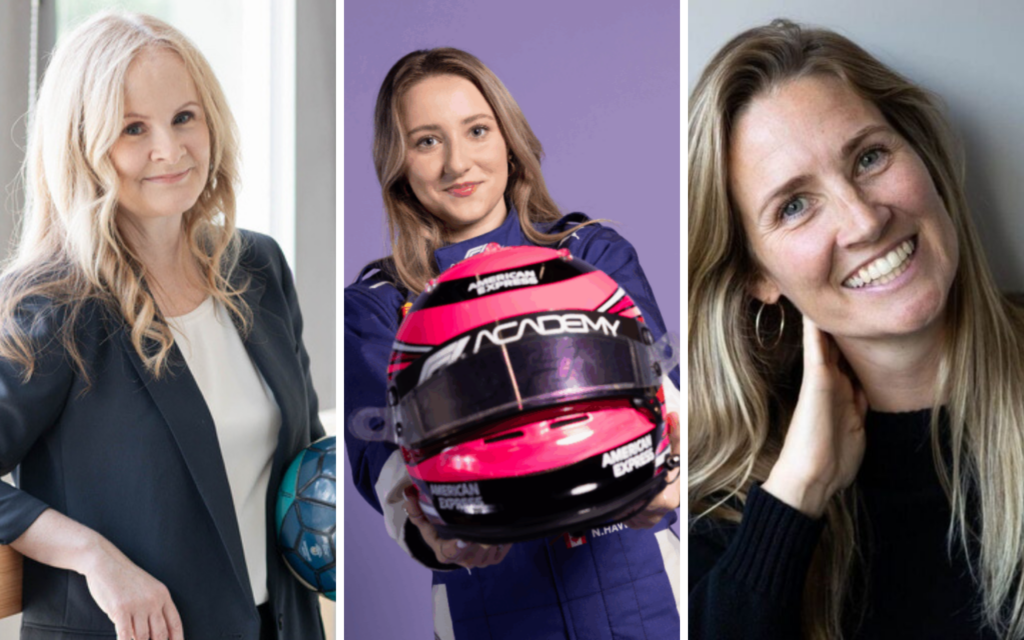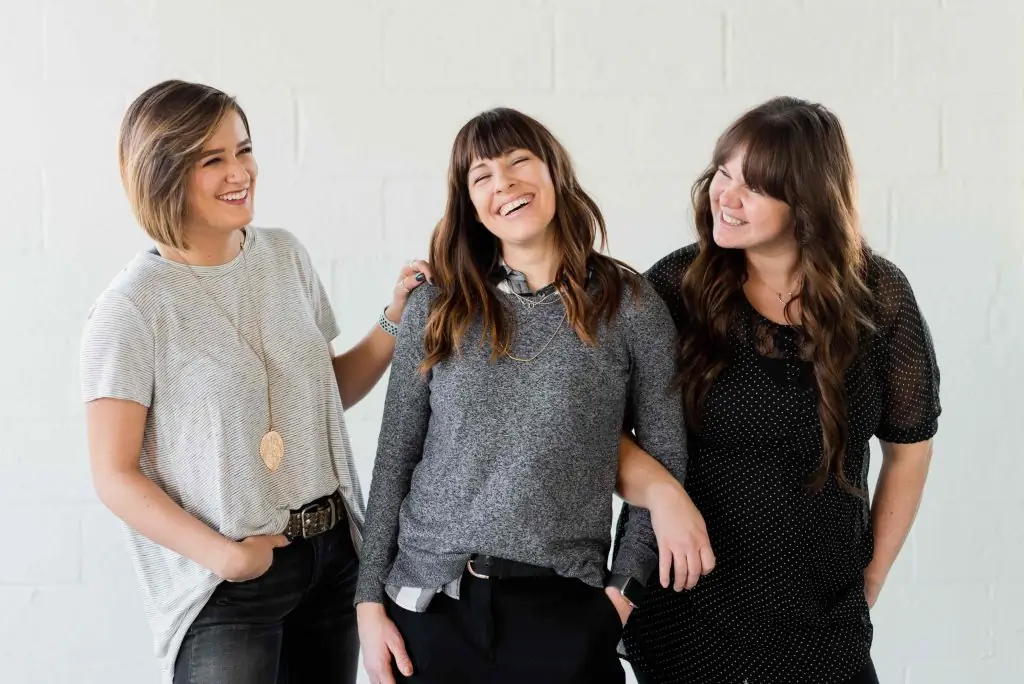
While we all know women have “worked” forever – sometimes in recognized, paid roles, but often not — and while women’s representation in the official workforce has grown throughout history, it’s notable that there was no real upsurge in women as entrepreneurs until the 1980s and ‘90s.
It was during these decades that the government and various organizations started offering resources, funding, and training programs specifically aimed at women entrepreneurs, with the Women’s Enterprise Initiative launched in 1995 to provide support to women entrepreneurs in rural areas.
Since the turn of the century, new organizations have cropped up to encourage and support women’s entrepreneurship and the government has introduced many more funding programs, grants, and business development initiatives.
Today, women-owned businesses span areas from technology and finance to healthcare and the arts. Still, only 17 percent of small- and medium-sized businesses in Canada are owned by women.
Let’s look at the challenges which can still make business ownership harder for women than for many men:
- Access to funding: Gender bias and stereotypes and investors’ perceptions can make capital-raising more difficult.
- Traditional networking and mentorship: Women are still working to gain access to influential networks and mentors critical for business growth and development.
- Work-life balance: Juggling entrepreneurship with family responsibilities can cause stress and burnout challenges for women.
- Male-dominated industries: In certain fields, women entrepreneurs face resistance and skepticism, hindering business growth.
- Self-confidence: Women often grapple with self-confidence and imposter syndrome, impacting their willingness to take risks and pursue opportunities.
- Market access and expansion: Women entrepreneurs encounter added challenges when expanding into male-dominated sectors or international markets where people don’t expect to see them.

It’s not all bad news, though. Women have particular strengths which allow them to succeed in business, as more and more women dive into entrepreneurship. These include:
- Collaboration and network-building: Many women entrepreneurs prioritize relationship-building and community engagement to grow valuable partnerships and support.
- Adaptability: In complex business environments, the ability to skillfully navigate changing circumstances and creatively solve challenges helps many women.
- Innovation: Women entrepreneurs can offer diverse perspectives, fostering innovation and fresh ideas in their businesses and industries.
- Empathy and emotional intelligence: Women entrepreneurs excel in understanding customer and employee needs due to their strong empathetic and emotionally intelligent qualities.
- Resilience: Many women entrepreneurs display resilience and determination, overcoming obstacles to achieve their goals.
The federal government calculates that Canada has the potential to boost its GDP by up to $150 billion through the promotion of gender equality and increased participation of women in the economy, with women-owned businesses being a big part of that growth.
We’ve been lucky to speak to some amazing women entrepreneurs at The Honest Talk. Read on to learn more.
Female entrepreneurs who joined us at The Honest Talk
Mandy Rennehan, the Blue-Collar CEO, is the founder of multimillion-dollar retail renovation company Freshco (not the grocery store!), and is well known for her authenticity, sense of humour, and for championing women in a male-dominated industry.
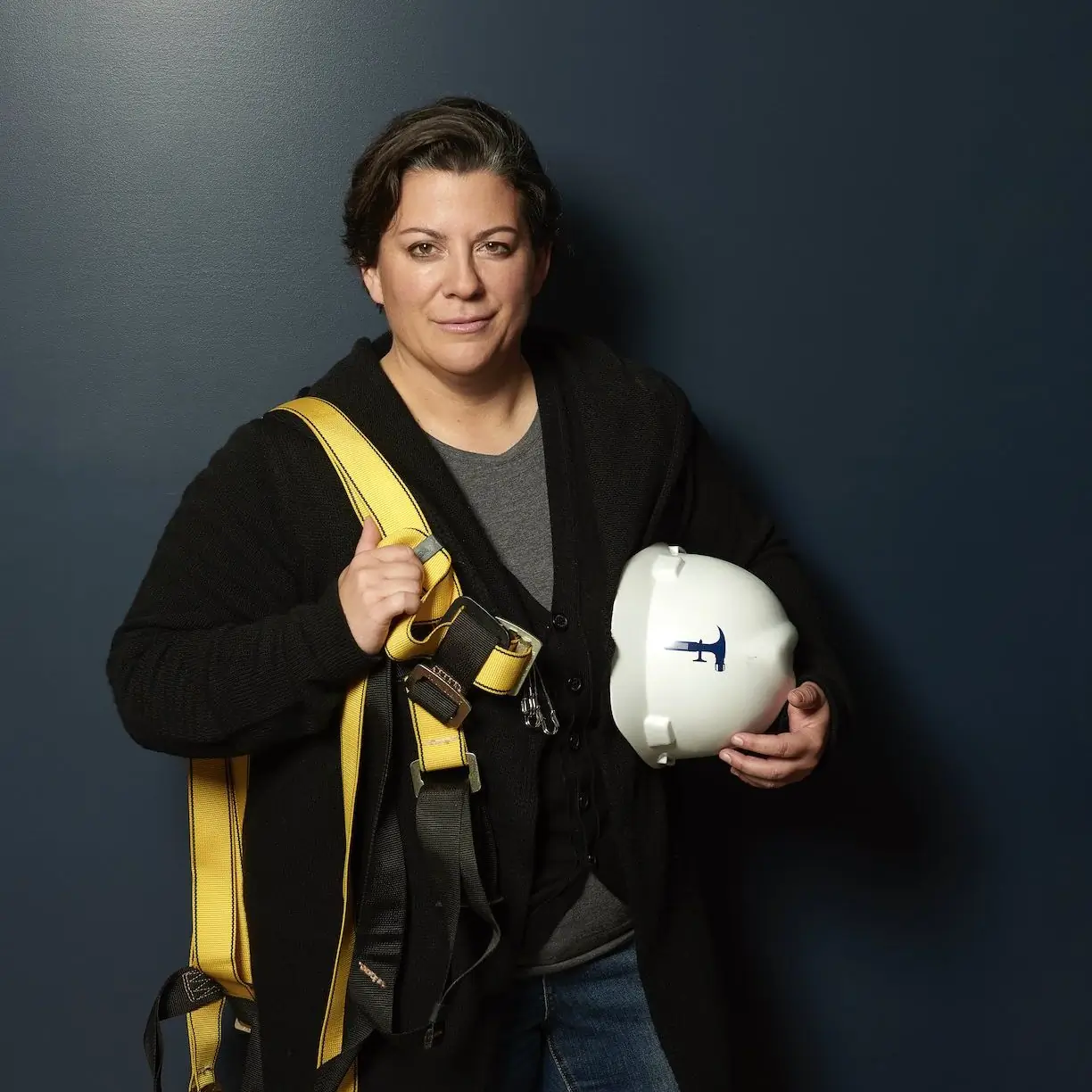
From growing up in a seasonal fishing town “where if you didn’t catch a bunch of lobsters, you didn’t eat,” Mandy learned the importance of money and having enough of it. As a child, she was spurred to earn money to help “take the worry” out of her parents’ lives.
She believes parents can also do their children a service by not giving them everything — instead expecting them to step up in the same way Mandy did as a child. “I think there’s a difference between encouraging your child and setting your child up to really not understand what the real world is.”
I didn’t pick [success]; it picked me.
Mandy Rennehan
- “I never knew anybody else to be but Mandy Rennehan, and when I would walk into that room with that work ethic and that ambition and that willingness to listen and learn and be accountable … I was likeable.”
- “The best piece of advice I’ve ever received wasn’t even verbalized to me. It was shown to me by a wonderful woman that was the COO of my company for 17 years.… She every day was the black to my white.… She always showed me that getting upset absolutely helps nothing, and she’s made me a calmer leader today.”
Jacie deHoop is a co-founder of The GIST, a thriving sports media company and the go-to source for sports coverage and conversations for women. Launched across North America in 2019 by three college friends — Jacie deHoop, Ellen Hyslop, and Roslyn McLarty — The GIST is all about changing the game in the male-dominated sports industry, where fewer than 14 percent of journalists are women and less than four per cent of coverage is on female athletes.
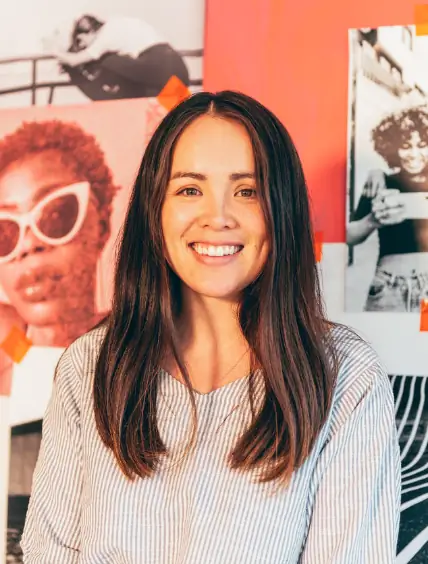
“I have so much admiration for solo founders, and particularly solo female founders, because we all lean on each other so much, and I think especially in those early days when we were getting a lot of those noes — a lot of that pushback — it would have been incredibly difficult to persevere through that and see the bigger picture.”
Jacie deHoop
- “Being a founder is really, really taxing on your personal life as well.… It takes up a lot of your time, and having a partner who gets that and is supportive of that has been super important to The GIST’s overall success.”
- “It really is all about execution. So many founders have amazing ideas … but if you can’t actually execute and complete each thing that’s needed, all those incremental steps to get to that big milestone, then you don’t really have a business…. I would underscore the importance of that diligence and work ethic.”
- “You have to be a bit delusional and have that kind of optimism even when it feels like you’re really in the trenches and things are just not clicking…. I do think you have to have that level of … positivity or optimism about what your idea can really become to push through those hard times.”
Vicki Saunders, is a founder of Coralus (formerly SheEO), a global not-for-profit that finances woman-identifying and non-binary entrepreneurs. The community has successfully expanded into the United States, Australia, New Zealand, and the United Kingdom — with no end in sight. Vicki has co-founded and run ventures all over the world. She is an acclaimed author, a mentor, a public speaker, an award winner, and a changemaker.

Vicki’s motivation comes from her recognition that our current economic model is just one of many which have existed throughout history, and it’s one that isn’t working for most people:
The challenges we have in front of us have all evolved beyond the institutions that were originally set up to deal with them.… Inequality is being caused every single day by the way that we’re running the economy.
Vicki Saunders
As much as she wants to see things change, she’s also blunt — “I’m not here to do everything.” In fact, doing everything herself would go against her main advice which is, “find others and get into a community to do your work together.” Working together means there’s a much greater chance that the resulting model will be more inclusive and serve the needs of a wider range of people.
- “I am not a person who believes that you can chip away at things and create change. I think we have to go build a new world.”
- “I really do think we’re sort of conditioned to think we have to do all this stuff on our own and know everything. And it just sets you way back.”
Erica Ehm shot to fame as one of MuchMusic’s pioneering VJs, interviewing the world’s best-known musical artists. But Erica’s career has been about so much more than that. She launched a record label and a hugely influential mommy blog, she’s a songwriter, playwright, author, and successful entrepreneur, and she has won awards all along the way.
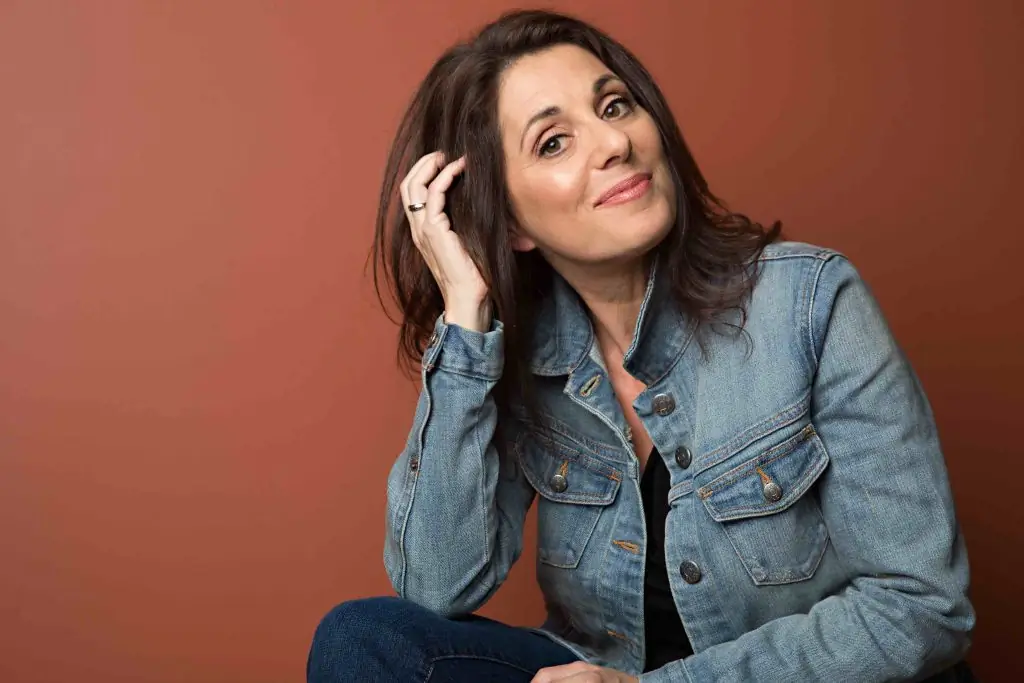
- “The Number 1 rule for a creative entrepreneur is always say yes and worry about how later.”
- “If you just keep on doing what you love and say yes to opportunities, you never know what’s going to happen in your life.”
- “Continue to use your voice in a powerful way…. Be civil and smart and strategic…. Have wise, informed discussions to hold people accountable.”
Nicole Verkindt is founder of OMX, an online platform to connect, manage, and track socio-economic impacts. You could say that Nicole Verkindt was born into the business. The child of aerospace industry entrepreneurs, she founded her own global company called OMX in her twenties, and she hasn’t looked back.

Most Canadians know Nicole from her stint as a Dragon on CBC’s popular Next Gen Den, and from her frequent media commentary, and this award-winning business leader continues to smash glass ceilings everywhere she goes.
There is significant data that shows that diverse boards generate more profit. To me that’s the end of the conversation. I don’t think we should do it because it’s the right thing; I think we should do it because you create stronger organizations with diverse boards.
Nicole Verkindt
- “I’m a big fan of spending less time on the pontification process … and more time sitting next to the customer and hearing what they’re saying … and trying things and seeing if they’ll actually pay for them.”
- “Maybe women have a harder time [being okay with failing] … and Canadians have a harder time with it. I think that we like to save face a little too much, and we don’t have enough of these messy, honest-talk conversations around that the actual process around innovation involves an enormous amount of failure, and if you’re not failing then you’re probably not doing it right.”
Amber Mac is a successful entrepreneur, bestselling author, TV and radio presenter, award-winning podcast host, and a popular keynote speaker. She is also widely recognized as a global technology expert, constantly challenging the status quo when it comes to “what’s next” in the field of innovation.
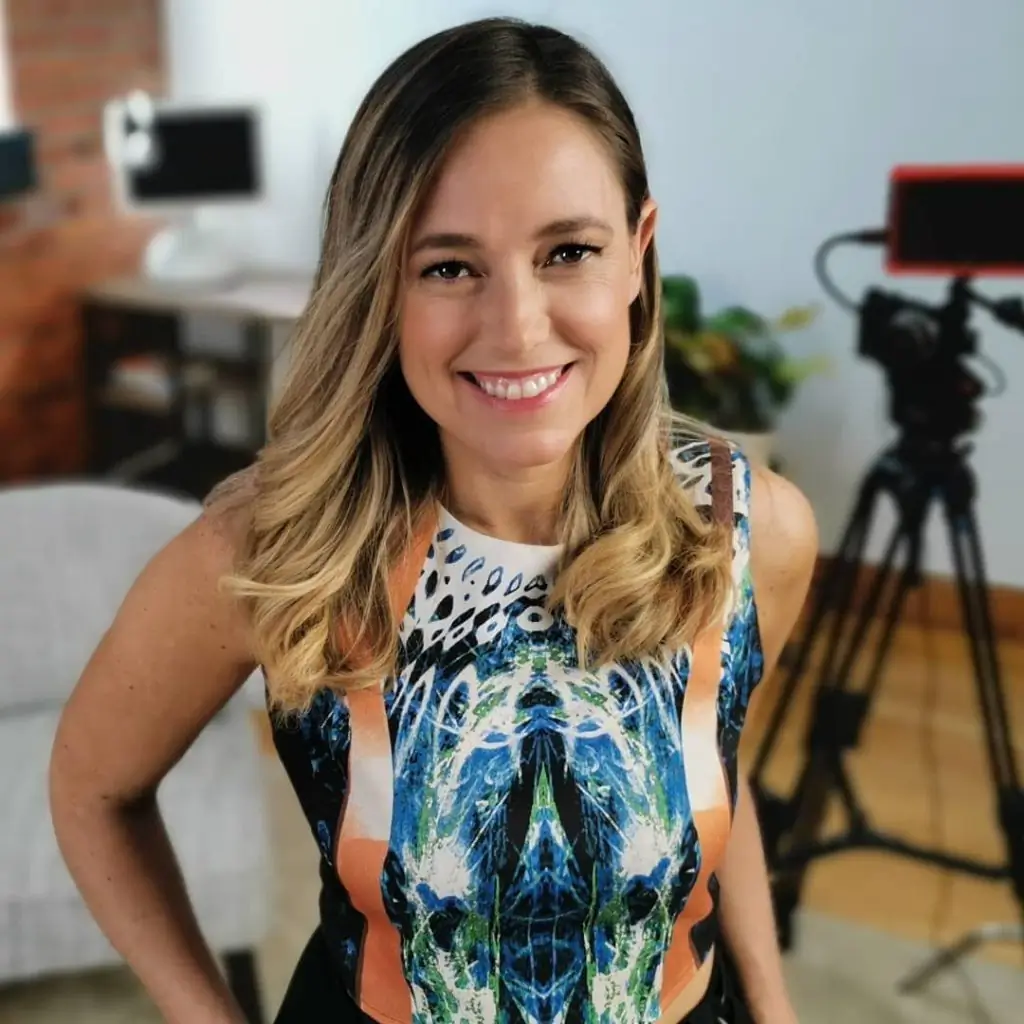
She recommends doing things that terrify you, having a fallback plan, and being prepared for the fact that things don’t always work out. In her opinion, if your company doesn’t respect and promote diversity, your business won’t succeed.
- “Growing up in a rural community where you’re working as part of a family business, I think you just develop a really healthy appreciation for work, and that work ethic, in my opinion, has been one of the things that has allowed us to build up Amber Mac Media today into a successful business.”
- “Many people in positions of leadership aren’t empathetic to the needs of the people who work with them. We really need more diversity in leadership. When you get that diversity among leadership, you start to get people who are more empathetic because they have grown up in different ways and with different levels of privilege.”
- “I recognize that it’s not easy, but I think it’s critical … that you don’t put yourself in a position where you’re in a tiny little box…. I think we need a range. It gives us options, and, most importantly, it gives us the freedom to stand up for what’s right.”
While ongoing efforts are needed to address remaining challenges and ensure that women entrepreneurs have equal opportunities to succeed in the business world, the landscape for women entrepreneurs in Canada has improved significantly in recent years. The presence of supportive networks, government initiatives, and increased awareness of gender-equality issues has created a more favourable environment for women-led businesses to thrive.
This is a topic we’ll continue to follow here at The Honest Talk, so follow us to make sure you don’t miss out on the conversation!



